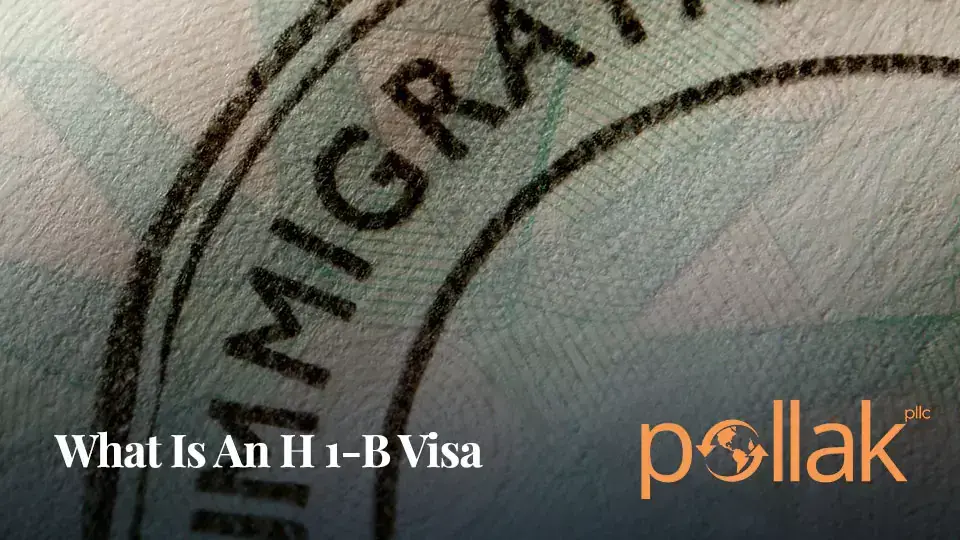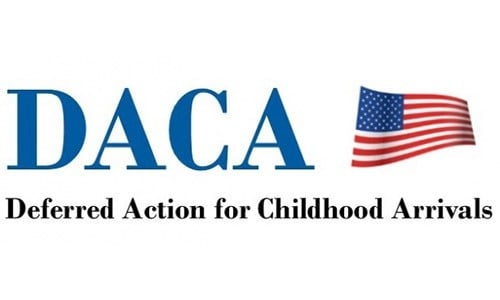
A U.S. visa interview is no longer limited to the documents in your hands or the words you say in person. It now extends into the posts, likes, and comments you've shared over the years. With consular officers reviewing applicants’ online presence, especially in countries like South Africa, your social media may be examined just as closely as your academic transcripts. If your accounts are locked down, you may be asked to open them up on the spot.
Social Media Is Part of the Application File
Applicants for U.S. student and exchange visas now complete Form DS-160, which includes a section requesting social media usernames used in the past five years. That isn’t optional. Leaving out an account, or deliberately providing inaccurate details, can result in visa denial. Officers may flag discrepancies between your profile and your stated purpose for entering the U.S.
Public Accounts Required
F-1 and J-1 visa applicants may be required to make their social media accounts public, at least temporarily, so officers can review them directly. This goes beyond simply listing usernames on a form. It allows the consular officer to scroll through your account, review your interactions, and get a sense of your digital behavior in real time.
That means privacy settings are not a shield. Even content you intended for friends only might need to be available to a visa officer. If your online presence gives the impression that you're not entering the U.S. for the reasons stated in your application, that alone can be grounds for denial.
Steps to Take Before Your Interview
Start with a digital cleanup. Review your accounts and delete or archive posts that could be misread, including posts that are sarcastic, overtly political, or related to sensitive topics. Avoid references that might suggest a lack of intent to comply with visa conditions—like not returning to your home country after your program ends.
Avoid posting about U.S. employment opportunities, long-term immigration plans, or dissatisfaction with your current country. These topics can be interpreted as contradicting the temporary, academic, or cultural nature of your F-1 or J-1 visa.
Do not create fake or alternate accounts. Officers are trained to spot inconsistencies between your online presence and your application. Fabricated accounts may do more harm than good. Instead, apply basic judgment: if a post wouldn't feel appropriate to show a consular officer during your interview, it likely shouldn't stay public.
Be Honest and Consistent
Honesty remains critical. All social media usernames used in the past five years must be included on the DS-160. This includes accounts you may no longer actively use. The form does not ask for passwords, but it assumes you’re being forthright. If an officer finds omitted accounts during a routine check, you may be denied based on credibility concerns.
Your online presence should support the story your application tells: that you’re a student or exchange visitor with plans aligned to the terms of your visa. Consistency between your stated goals and what your digital presence reflects helps avoid unnecessary questions during your interview.
Treat Your Social Media Like a Visa Document
In today’s visa process, social media is treated like a formal part of your application. Think of it as another document that must align with your stated plans. Review it with the same attention you would give your transcripts, proof of funds, or acceptance letter.
For South African applicants in particular, and for applicants in other countries where these reviews may soon expand, social media transparency is not just expected. It’s required.
Contact Pollak PLLC
If you're applying for an F-1 visa and have questions about how to prepare, Pollak PLLC can help. We work with students and exchange visitors to ensure their visa application stands up to the increased scrutiny. Call us at (214) 305-2266 to schedule a consultation.

-Aug-01-2025-03-55-16-9977-PM.png)


